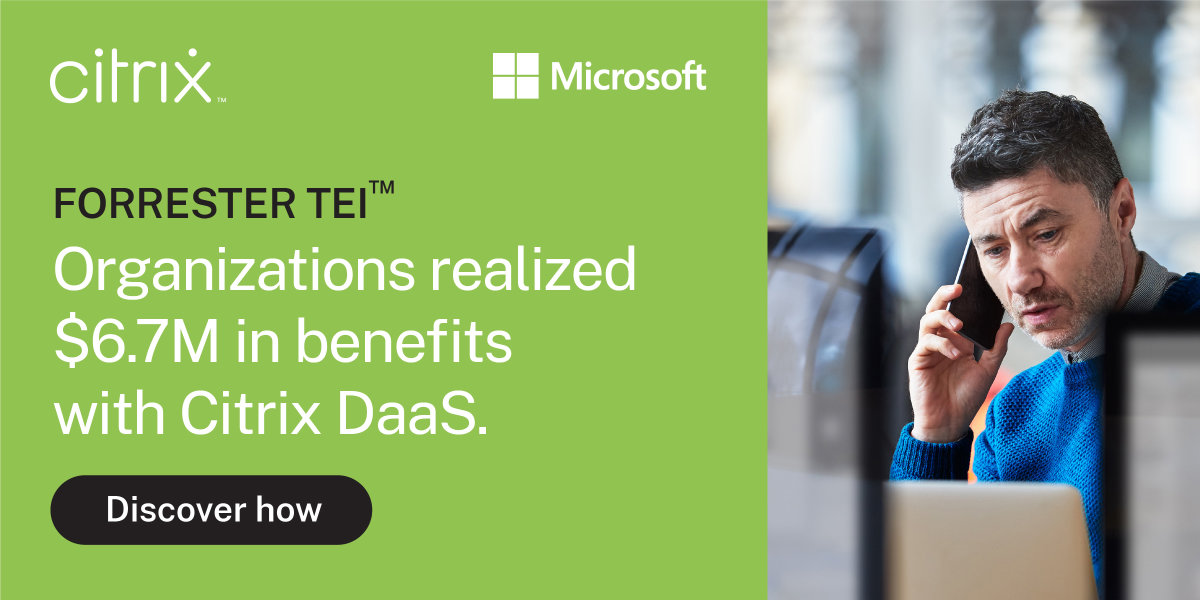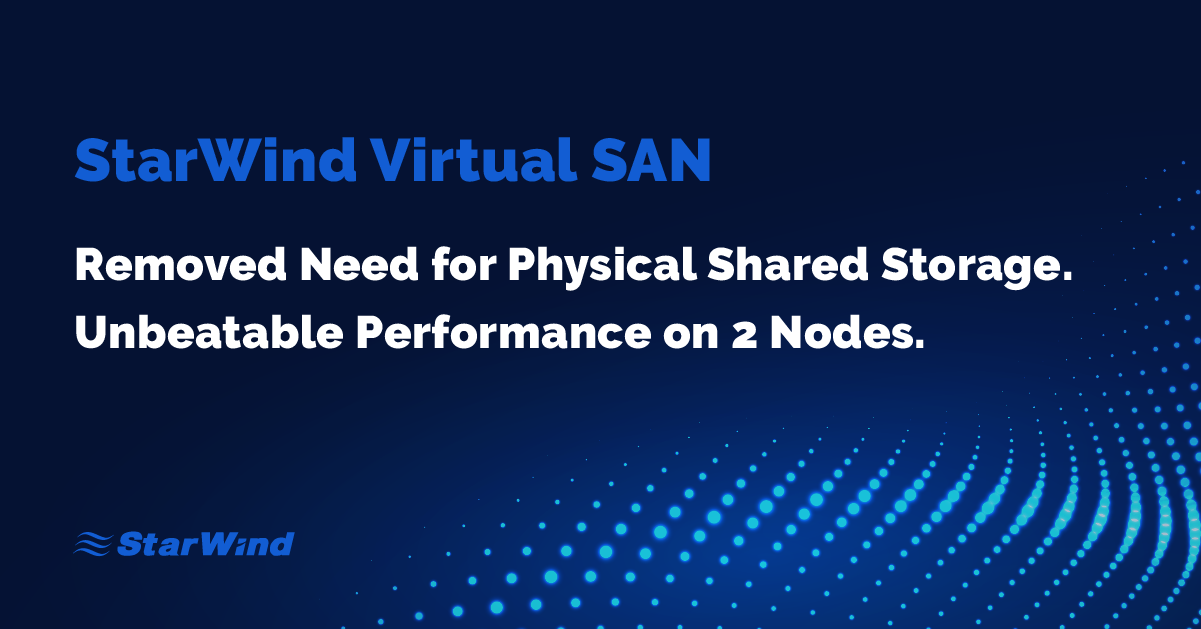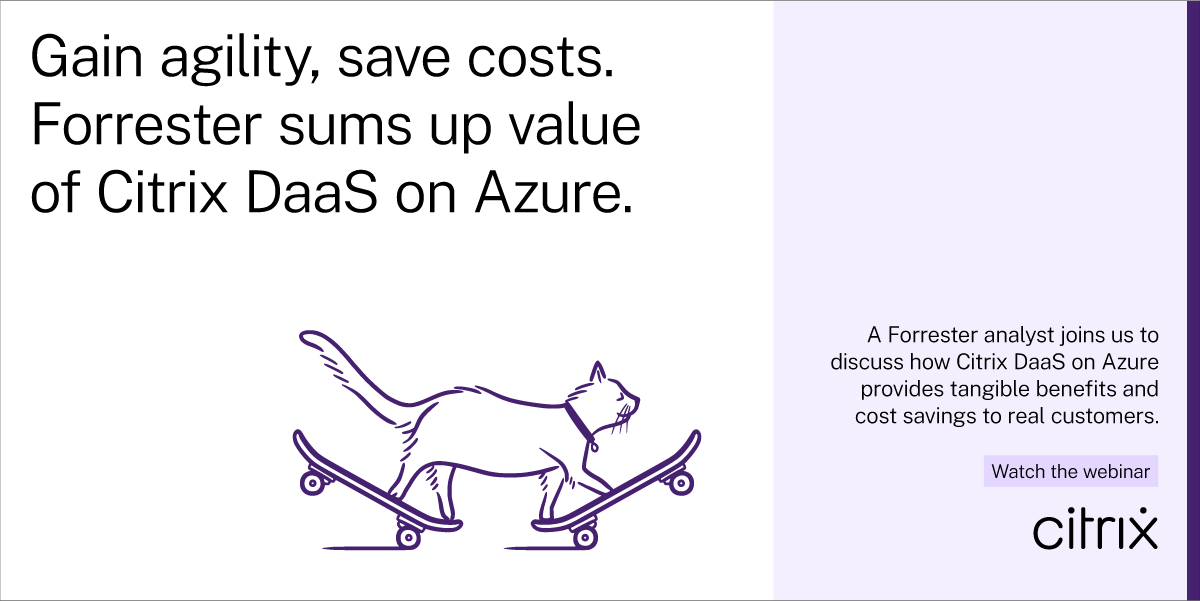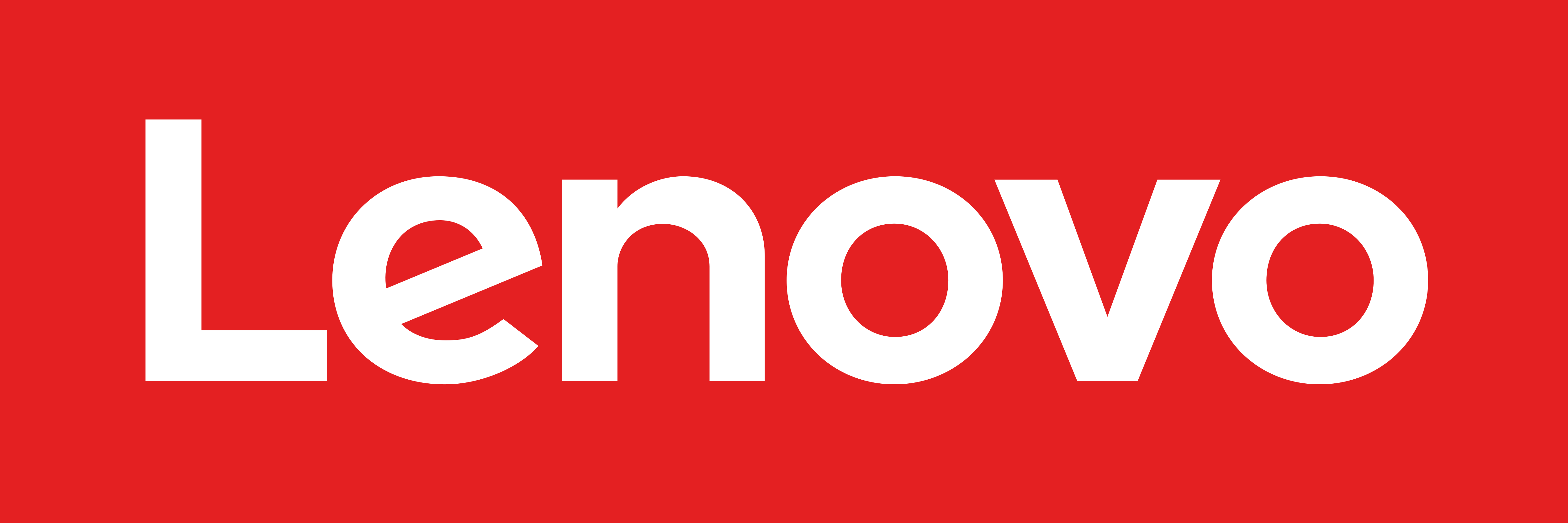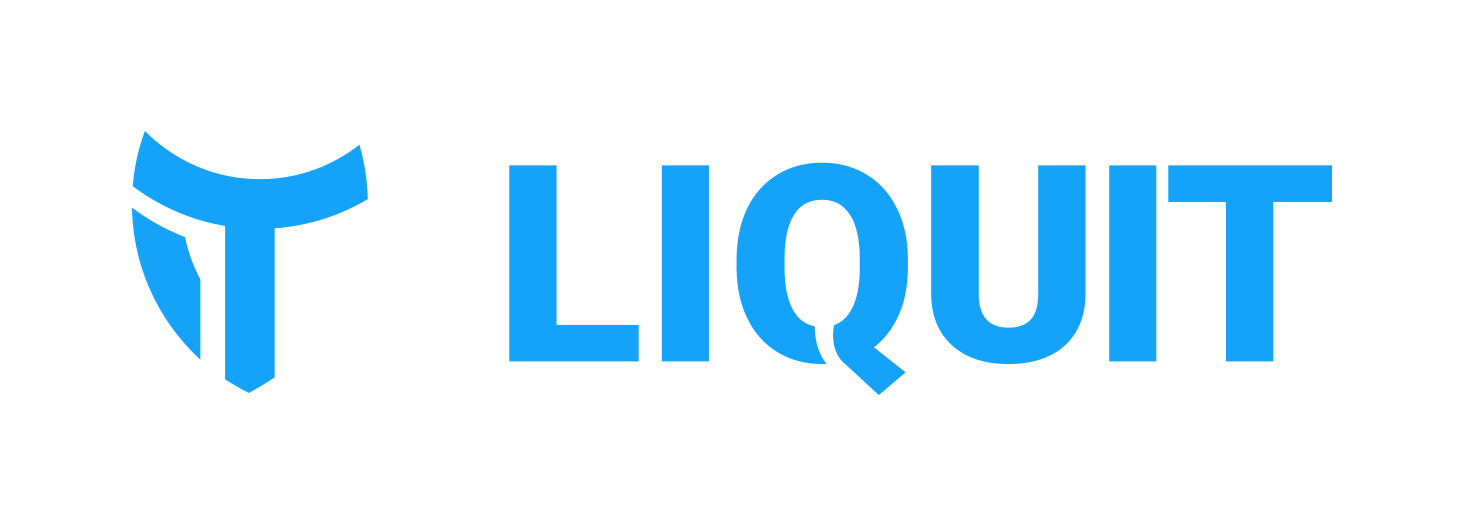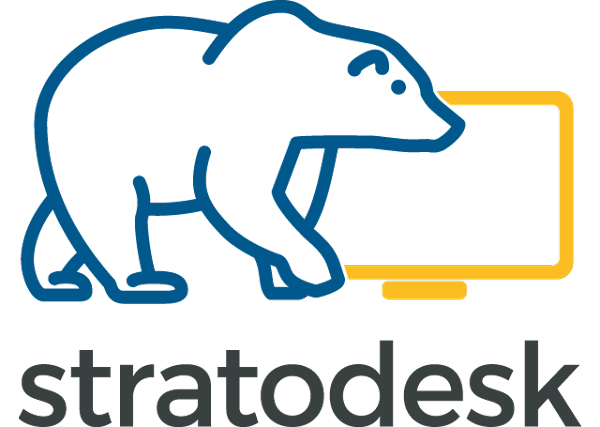VMblog: Provide a little backgrounder information on the company, and what does Liquidware look like in 2021?
Jason E. Smith: 2020 was a unique year for us all. At Liquidware it was our best year ever. However, we're quite shy about blowing our own trumpet because being successful on the back of a pandemic doesn't sit well with us. However, we are extremely proud of how we helped many of our customers pivot their business to providing a work from home environment in 2020 and we've learnt a lot to enable us to serve our customers even better moving forward. From our founding in 2009, we've always developed and delivered our solutions to ensure the ultimate user experience and 2020 was no exception to that. We saw customers utilizing ProfileUnity (our user environment management product) to help migrate customers to new OSes and new platforms. They utilized Stratusphere UX (our user experience management solution) to ensure users were connected, operational, and productive, no matter from where they were working. And FlexApp, our application layering solution, delivered apps in an on-demand way to remove the challenge of installing apps remotely. All three products can be procured in a bundle, Liquidware Essentials.
VMblog: We are talking about End User Computing today. How does Liquidware define it and look at it?
Smith: For us at Liquidware it's all about user experience. Our solutions are developed with that at the forefront of our mind. In today's hybrid world the last thing about is EUC is actually computing! No longer does a Windows desktop have to be delivered on physical hardware. It can be delivered from the Cloud, it can be served up remotely, but however a desktop is delivered, the user experience has to be the same, if not better than, what the user is used to.
VMblog: What are some of the benefits of EUC that people should be aware of?
Smith: What we saw last year was the requirement to ‘burst-scale' deployments. Cloud-based or DaaS desktops clearly enabled that, and we see many organizations continuing to benefit from these types of desktops.
VMblog: What are the current end user computing trends your company is seeing in the market?
Smith: With Work from Home directives continuing as pandemic restrictions are easing, we see a significant trend in people using our Stratusphere UX solution to ensure the remote employees are connected, operational and productive. Downtime when working remotely increases frustrations and dilutes user experience. We've definitely seen an upturn in organizations using Stratusphere UX to pre-empt issues before they even occur. We implemented many new features in the past 12 months specifically to address working from home. We added critical ‘first mile' metrics that provide a comprehensive view of the data needed to ensure a quality work from home option for employees. Regardless of how workspaces are deployed, Stratusphere UX lets you home in on specific data tied to your delivery options to answer the 3 key questions of are your users connected, are they operational and are they productive?
VMblog: How has the 2020 Pandemic affected the EUC industry?
Smith: Very positively in our experience! As mentioned earlier, last year was the best year so far for Liquidware. It's nice to see some good news coming out of bad, but we're very cognizant not to highlight this too much as, clearly, the pandemic has had a devastating effect on many people.
VMblog: You knew this was coming. We're always saying, "this is the year of VDI." Is this the year? Have we finally reached that point? Or is VDI dead, is it evolving, or is it in decline in response to other competing technologies?
Smith: Oh man, not that one! No, it's not the year of VDI, no VDI is not dead, it continues to evolve as it has morphed into a different meaning. We believe this is the year of delivering Windows desktops to our customers in the best way that suits their business needs. That can be physical, virtual, cloud-based or DaaS. With the advent of AWS WorkSpaces and Microsoft Windows Virtual Desktop we are seeing more choice. More choice is good for customers but also can introduce more complexity. Liquidware is dedicated to ensuring we remove any complexity by providing the best user experience, no matter what the underlying delivery mechanism might be.
VMblog: Traditionally, end user computing has been dominated by on-premises solutions. How has the cloud reshaped EUC?
Smith: 2020 saw a surge in cloud Windows desktop delivery for Liquidware. As companies had to pivot to provide work from home solutions, the cloud negated an on-prem requirement. We see that trend continuing but also understand desktop delivery will remain a hybrid of on- and off-prem for the foreseeable future.
VMblog: Where does Liquidware and its product lines fit within the EUC space?
Smith: Liquidware solutions work across all the platforms for Windows OS delivery - physical, virtual, cloud or DaaS. We term our products Adaptive Workspace Management solutions. This means, no matter what workspace organizations deliver to their users, Liquidware can manage them. We are the only independent, platform-agnostic third-party management company that can span AWS, Citrix, Google, Microsoft, and VMware. We provide choice for our customers that don't want to be tied to using the tools that come with their platform as they have a mixture of desktop delivery mechanisms.
VMblog: How are you different from your competitors? Why would someone prefer your offerings to those provided by others in the industry?
Smith: Liquidware is the only independent, platform agnostic provider of Adaptive Workspace Management solutions. Other vendors might supply elements of what our solutions offer, but we are truly unique in our portfolio of user experience management solutions. We are also extremely cost effective, particularly if you purchase our solutions as an Essentials bundle.
VMblog: What does the future of end user computing look like?
Smith: Hybrid! We see enterprise organizations continuing to have a mixture of physical, virtual, and cloud-based desktops. And Liquidware will continue to be the only company focused on providing platform agnostic adaptive workspace management solutions to ensure the ultimate user experience in this hybrid world.
VMblog: Liquidware has been a thought leader in EUC since its inception in 2009, why have you never taken VC funding to take over the world?
Smith: It has always been our mission to provide software to solve our customers' issues in ensuring the ultimate user experience for their staff. We want to be beholden to our customers, not a VC looking for a quick return on their investment. We remain in control of our own destiny and are extremely proud of the organic growth Liquidware has achieved in the past 12 years. For example, a couple of years ago we changed our go to market model to be mainly focused on the enterprise. We realized the problems we solve are mainly in the 10K user plus organizations and so pivoted to address this opportunity. It does make the revenue ‘lumpier' than a run-rate business model, but we can sustain that. If a VC were involved, the discussion would be very different! But we have done the right thing for our business and, more importantly, our customers.
VMblog: What is next for Liquidware?
Smith: Well, despite our answer above, we will be bringing a new helpdesk remediation solution to market in Q2-Q3 of this year. This product will be focused more on medium size businesses who don't need all the bells and whistles of an enterprise-class monitoring and diagnostics solutions like Stratusphere UX. This new product will be a SaaS remediation product that allows you to monitor and manually manage any Windows OS desktop anywhere in the world, simply by launching an agent. We will be opening up the BETA for this product very soon on an invite only basis, but we are extremely confident there is a market opportunity for a focused SaaS solution like this!
We also see Work from Home morphing into Work from Anywhere (WFx) during the course of the coming year. Liquidware is proud of our heritage in having always focused on providing solutions no matter where the user is located. This is why we have customers across all industry sectors because we recognize the need to provide the ultimate user experience no matter where a user's place of work is - the office, their home, a café, on the road, wherever!
VMblog: Do you see EUC solutions becoming easier to consume as Work from Anywhere continues to grow?
Smith: In our experience, the platform vendors build in more and more complexity as new features are introduced. Liquidware has also worked with select EUC specialist channel partners to make sense of the complexity and invariably they utilize our solutions to aid this process. As one partner said to us the other day, they include Liquidware Essentials in all their VDI deployments to enable a work from anywhere strategy to future-proof their customer's installation. So, as long as customers work with the right channel partner, it will be more transparent for them to deploy EUC solutions moving forward as the ‘burden' of choosing the right platform and eco-system solutions can be borne by the partner not the customer!
